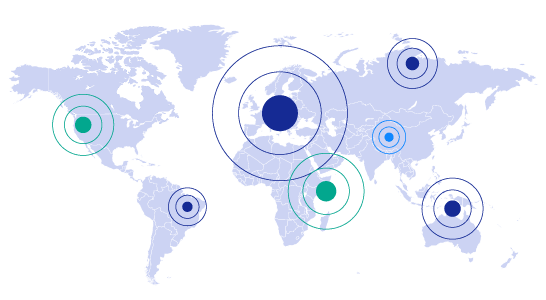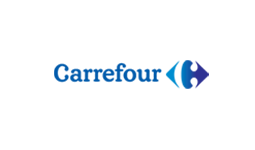Mandatory Electronic Invoicing in United Kingdom
Learn how to get your company ready to exchange documents in accordance with regulations in UK with the support of Comarch
Learn how to get your company ready to exchange documents in accordance with regulations in UK with the support of Comarch

Though there is no e-invoicing obligation in the UK except for the National Health Service (NHS), the British government encourages businesses to send, receive, and process e-invoices when making B2G transactions. The 2015 Small Business, Enterprise, and Employment Act gives ministers power to regulate the use of electronic invoicing in the field of public procurement in England. This does not apply, however, to Northern Ireland, Scotland, or Wales, which have their own regulations. Also, there is no single or central governmental platform for e-invoicing applicable for the whole UK territory, but there are such solutions in Wales and Scotland. Use a solution delivered by a third-party service provider based on a 'three-corner' model, where contracting authorities and economic operators use a common platform, supported - as required - by interoperability agreements with other service providers.

Electronic invoicing is not mandatory either at B2G or B2B level. Contracting public authorities need to be able to receive and process e-invoices if their suppliers want to do so. One exception in this regard applies only to the healthcare sector, where e-invoicing to the National Health Service (NHS) is mandatory.

Making Tax Digital (MTD) was introduced in United Kingdom on 1 April 2019, which is a kind of digital tax system. MTD introduces the obligation to conduct tax settlements via on-line services. Currently, the MTD applies only to those companies whose turnover exceeds the UK VAT registration threshold (i.e. annual VATable turnover of £85,000). From April 1, 2022, HMRC (UK's tax, payments and customs authority) decided to extend this reporting obligation and include other taxpayers registered for VAT purposes in the UK in this system, regardless of their turnover. HMRC assumes these changes will apply to around 1.1 million additional VAT-registered businesses.

The electronic format may be a structured format such as XML or an unstructured format such as PDF. There is also allowed use a traditional EDI standards such as UN/EDIFACT, EANCOM and ODETTE.
E-invoices to healthcare sector must be sent through Peppol.

Required storage period is 6 years after end of accounting year.

In terms of integrity and authenticity, the following, mentioned in the Public Notice, are accepted, among others: advanced electronic signature, qualified electronic signature and EDI.
We have 20+ years of experience in carrying out various EDI, e-invoicing, and other document exchange projects around the world. In those years, we have successfully connected more than 130,000 entities from over 60 countries.
Full compliance with the latest data exchange regulations and modern data transfer standards
Applying new technologies and IT solutions in order to streamline workflows and automate activities and procedures
Tailor-made solutions based on processes specific to each company – own road map and a suitable pace of changes
Highest level of security for all sensitive and important company data
If your company is based or has branches in the CountryName and you need to prepare your billing and tax systems to comply with the new requirements. Click on the button below to get in touch with one of our experts.




















